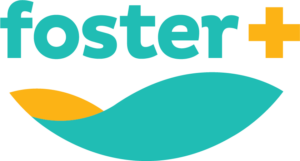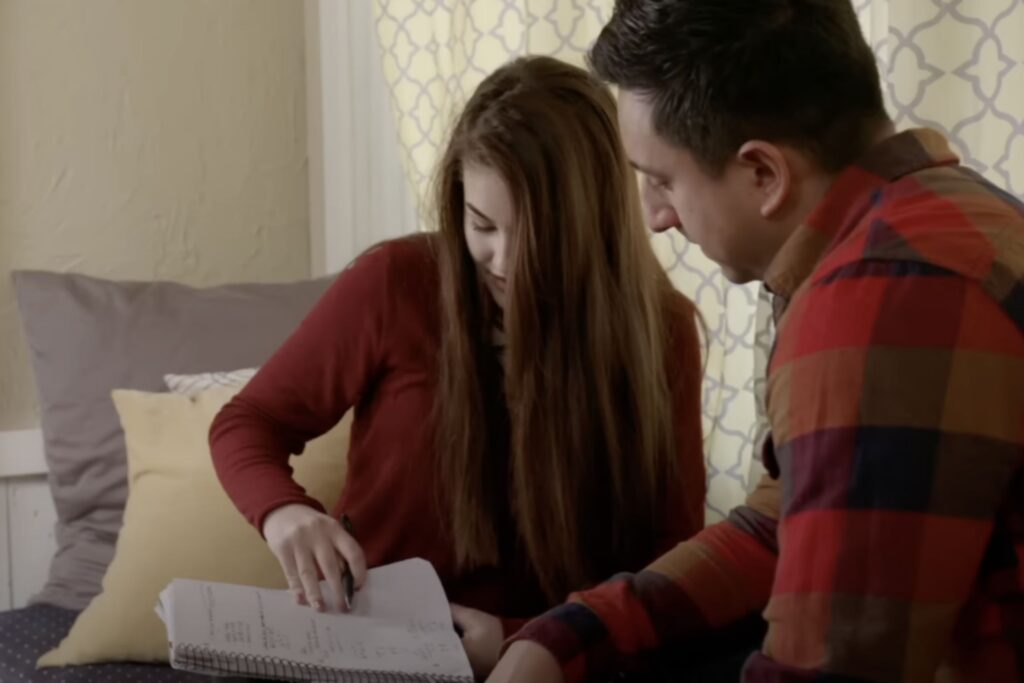Choosing to become a foster parent is a huge decision. But it’s one that could change a child’s life. If you’ve ever considered opening your heart and home to a foster child, you may wonder about the steps involved in becoming a foster parent. This guide is designed to help you navigate the journey, from understanding the initial requirements to completing the certification process and being paired with a foster kid.
In this blog post, we’ll walk you through every step to becoming a certified foster parent in Oregon with Foster Plus. You’ll learn about the qualifications required, what training and certification look like, and the responsibilities and ongoing support that come with foster care. While each of our partner agencies differs slightly in their process, our goal is to give you a general overview of what you can expect along the way. Whether you’re ready to get started or just seeking more information, we hope this guide will help you feel a little more confident taking that next step toward becoming a foster parent.
Researching How to Become a Foster Parent
It’s hard to make a decision, especially one this big, without the right information. Taking the time to do your own research and learn what’s involved in becoming a foster parent is an important first step.
If you’re new to foster care, we think one of the best places to start is hearing the stories of experienced foster parents who have gone before you. We’d encourage you to check out our Faces of Foster Care series, which features video testimonials from some amazing parents who share how they got started in foster care, what they’ve learned from their experience, and advice for people like you who might be considering fostering. These videos are a great resource for getting a better sense of what life will be like as a foster parent.
If you’re looking for more technical information on becoming a foster parent, our FAQs page has some helpful answers to questions we hear from a lot of prospective foster parents. This page also includes some recommended books and online resources that can help you prepare for the commitment of fostering kids who need extra support. And throughout your research if you have any specific questions you want answered, you can always reach out to the Foster Plus team via email at info@fosterplus.org. We’re always happy to help you wherever you’re at in your journey with foster care.
Getting Started
Okay, you’ve done a lot of reading, listening, and information gathering, and you think fostering might be right for you. What should you do next? First, visit our “Get Started” page and submit your information, making sure to check the box indicating that you’re interested in becoming a foster parent. From there, a team member from one of our partner agencies in your area will reach out to connect with you.
Before making any commitments or filling out any paperwork, you’ll be encouraged (or required in some cases, depending on the agency) to attend an info session. In these info sessions, whether in-person or virtual, you’ll learn about your local agency, the kids they serve, their requirements for becoming a foster parent, and what next steps look like.
After the info session comes the application process. Don’t worry; this isn’t like filing your taxes — you won’t need to come prepared with a bunch of records or pre-existing paperwork. You’ll just fill out a simple online application to help us learn more about you. Once your application is approved, it’s on to the training and certification stage.
Orientation, Training & Certification
There’s a lot that goes on during this important middle stage. Here’s a quick rundown — and again, this is a rough overview, so the actual details and order of each step will differ between agencies:
- Background check & references
- Agency orientation
- Home study & interview
- Foster parent training
- Certification
Background Check & References
A standard background check is required for all prospective foster parents. But that may have you wondering if there’s something in your past or present that might disqualify you from becoming a foster parent. Before you count yourself out, check out this blog we wrote debunking some myths around who can or cannot become a foster parent. We don’t want to miss out on connecting with and certifying awesome future foster parents due to a misunderstanding about qualifications!
In addition to a background check, you’re also required to submit four references, only one of whom can be a relative. Be sure to choose references who have known you for a while. If applying with a spouse or partner, references should know both applicants well.
Agency Orientation
While this step may come earlier or later in the process, depending on the agency, at some point you will meet your entire support team. This can include counselors and therapists, case managers, and more. Meeting in person gives your agency a chance to get to know you better. This is also a great time for you to get to know your support team and ask any questions that may have come up for you since attending the info session and submitting your application.
Home Study & Interview
When we place kids with foster families, we want to ensure that they’re entering a safe and supportive environment and that they have a space to call their own. That’s where home studies come in.
The goal of a home study is to determine whether your home is safe and ready for a foster kid. A representative from your local partner agency will conduct a walkthrough of your home to check that you’re in compliance with necessary safety standards. Securely storing medications, maintaining pools and other water hazards, and having working smoke detectors are just some of the safety considerations to keep in mind. You’ll likely be given a checklist in advance so you can prepare your home to meet all the necessary requirements.
Many agencies also conduct interviews with prospective foster parents and ask them to complete an in-depth autobiographical statement or questionnaire during the home study stage. These can be lengthy and include questions about your childhood and present. While the information you’re asked to share may seem sensitive, the purpose is to help us identify the best possible match between you and your foster kid.
Foster Parent Training
You can expect to complete a minimum of 28 hours of specialized training prior to being certified as a foster parent with one of our partner agencies. There is typically a combination of in-person classroom training and self-paced online training modules. Some topics that may be covered in training include:
- Trauma-informed care
- Collaborative Problem Solving®
- Behavior and crisis management
- Mandatory reporting of child abuse
- Program policies and expectations
- Gender- and culturally-specific services
- Medication administration
- Discipline and restraint policies
- Suicide prevention
All of our Foster Plus partner agencies take training very seriously. And it’s not just to give you a bunch of hoops to jump through. We want you to feel confident and well-equipped as you prepare to welcome a foster kid into your home and life.
Certification
After providing references, doing the home study, going through training, and completing any other necessary steps, you’ve finally made it to certification! Your agency may review any final policies and procedures before you sign a contract to become a foster parent. From there, you’ll be paired with a foster kid based on all the information and preferences you communicated during orientation and training.
Foster Parenting
From the moment you welcome a foster kid into your home, you’re never alone in your foster care journey. One of the benefits of fostering with a Foster Plus partner agency is that you are supported every step of the way by a team dedicated to providing custom care for your foster kid and you.
Here’s what that “circle of support” looks like:
- 24/7 access to support staff such as case managers and counselors
- Frequent and regular visits and communication with a team dedicated to providing custom care and wraparound support
- Breaks when you need them, with 48 hours off per month thanks to relief parents
- Extra financial support starting at $1,400 per month to help cover the costs of caring for your foster kid
- Ongoing specialized training to prepare you to care for kids with higher needs
Foster parenting can be challenging at times, especially when you’re working with kids who have experienced trauma and disruption in their lives. But as families like the Mendozas below will tell you, the effort is absolutely worth it when you see your foster kid transform and find success. And the effort is made easier by the incredible support you’ll receive from your agency team.
Learn More About Becoming a Foster Parent
Whether you’re ready to take the leap or you just want more information, we’d love to talk with you no matter where you’re at. Reach out to us today so we can help guide and encourage you as you explore to possibility of becoming a foster parent and changing a child’s life.





